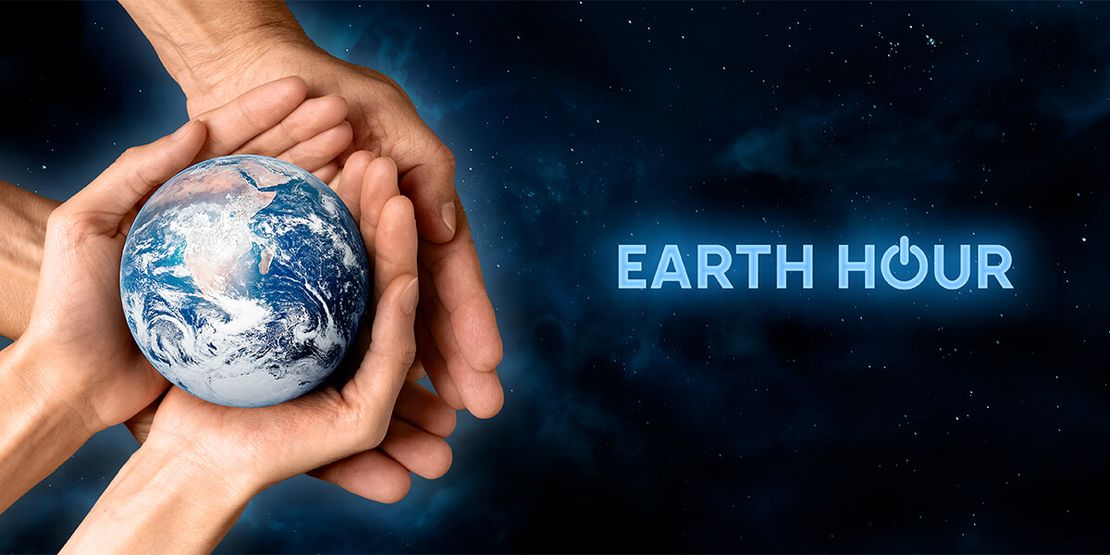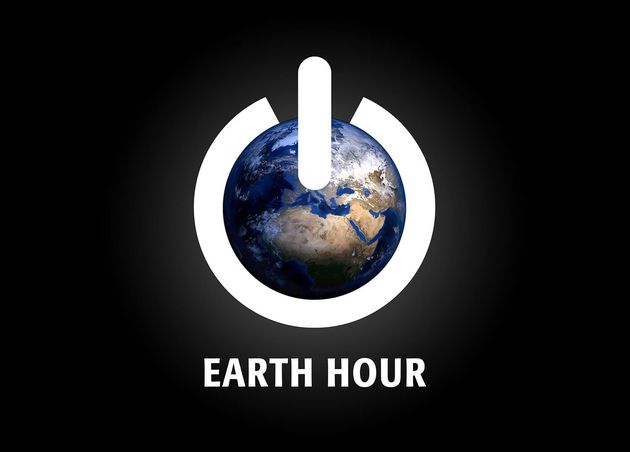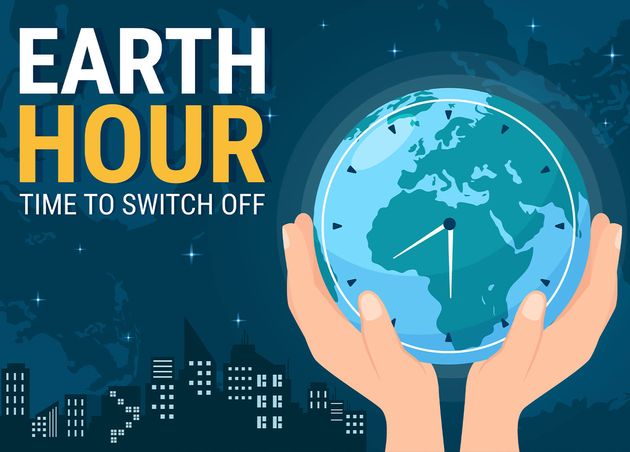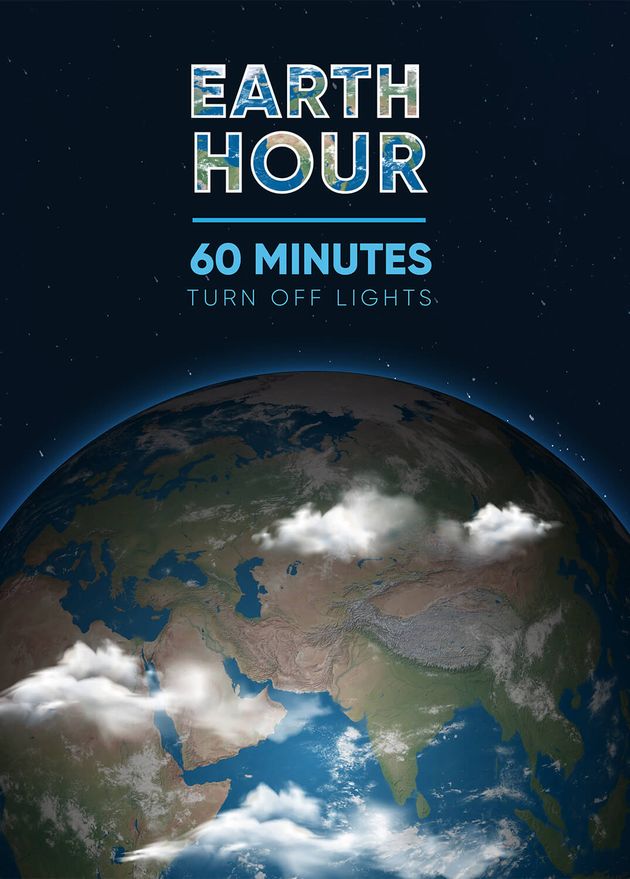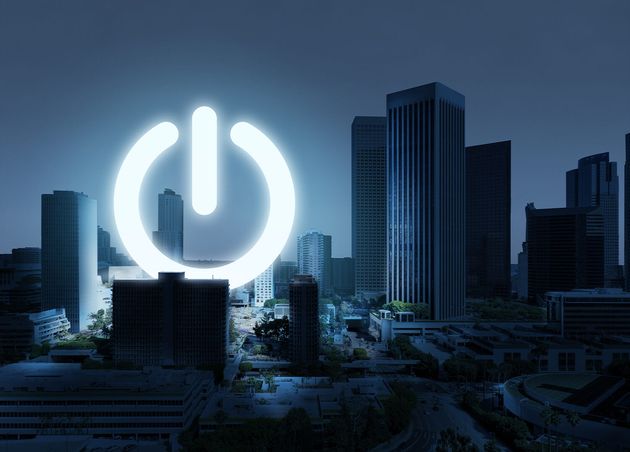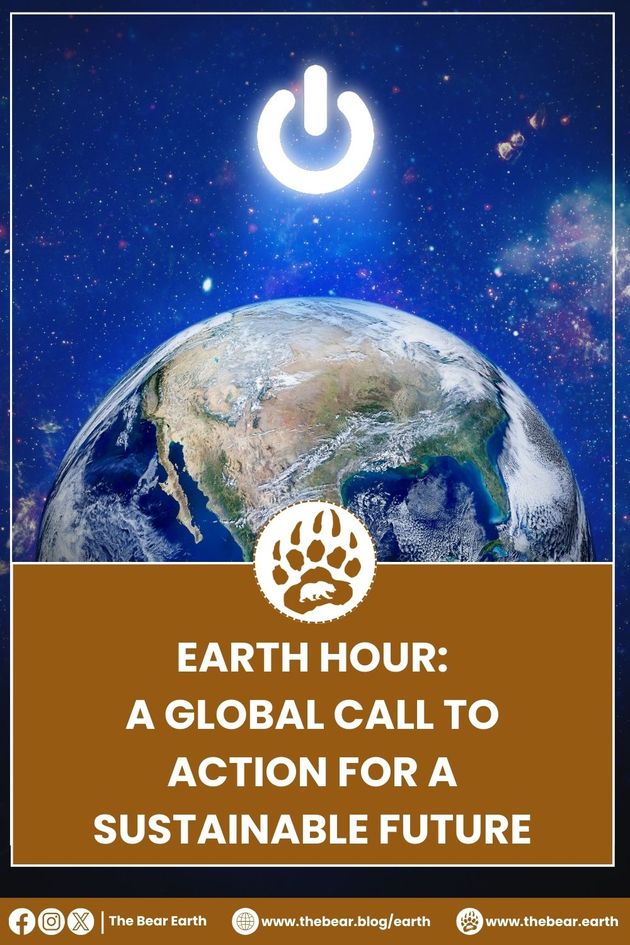Earth Hour: A Global Call to Action for a Sustainable Future
Saving the Earth has become a global concern for both rich and developing nations. Human actions impact every element of the environment. Most of us may have already thought that we're living in a severe environmental catastrophe because of the numerous issues our planet faces, many of which seem to be worsening daily.
Consequently, the need to protect the environment has been growing for some time now, and raising public awareness about these issues is crucial to reducing their negative impacts. Thus, the concept of Earth Hour arose, an annual global event in which people switch off their lights for one hour in observance of Earth Day to demonstrate their support for the Earth.
When and how did this eco-friendly event come into being? This complete guide will help explain what it is, why it matters, and what you can do to contribute to the effort to rescue the planet.
🌏 Eco Fact!
As mentioned in Wikipedia and based on the Zogby International online survey, 36 million Americans, or roughly 16% of the adult population in the US, took part in Earth Hour 2008.
History of the Earth Hour
The World Wildlife Fund (WWF) is the global organization behind the Earth Hour movement. Every year, on the last Saturday of March, the event encourages people to support the environment by turning off all non-essential electric lights for an hour, from 8:30 p.m. to 9:30 p.m.
In Sydney, Australia, it began as a lights-off event in 2007. Now, it has grown into one of the biggest global movements. To bring attention to climate change and related issues, WWF Australia and the advertising firm Leo Burnett Sydney first came up with the idea in 2004. The "switch off" concept came next in 2006. According to Earth Reminder, the concept of "The Big Flick," a large-scale switch-off of electric items, was introduced in 2006. After that, WWF proposed their idea to Sydney Mayor Clover Moore and Fairfax Media, who agreed to support it fully.
On March 31, 2007, more than 2 million homes and organization turned off their non-essential lights for one hour in Sydney. San Francisco and California were motivated to follow suit in October of the same year. After that, an agreement was reached to hold Earth Hour every year in March. People joined in to promote environmental protection by turning out their lights for one hour wherever they were. Participating cities included Toronto, New York, and Rome. Famous sites like the Great Pyramids of Giza and the Eiffel Tower also switched off their lights for Earth Hour.
Ever since, Earth Hour's annual growth has continued. Over 187 nations participated in Earth Hour in 2023! In 2022, Earth Hour achieved unprecedented media coverage, garnering over 10.1 billion social media impressions, proof of a huge number of concerned Earth citizens!
Significance of Earth Hour
"The goal of Earth Hour is to serve as a universal call to action to help safeguard the Earth and raise awareness of how little time we have left to do so," the Earth Hour Organization opines. Now more than ever, we must unite our increasingly fragmented society to take decisive action for our only home.
No matter how small a contribution, everyone needs to feel inspired and prepared to make it. As we continue to shine a light of hope for a better future, we must recognize and celebrate the power of the people.
Earth Hour is, therefore, a call to action for individuals, communities, and organizations to consider how their actions impact the environment and participate in the worldwide effort to combat climate change.
How Turning Off Lights Helps Our Environment
As the WWF stated in a news release, turning off the lights is a "symbolic" method to raise climate change awareness. The organization said in a news release that the dark hours will encourage us to make time out of our busy schedules and think about the state of the Earth. It also stated that there has never been a more critical moment to unite and take action for our collective future amid growing biodiversity loss and climate change.
Similarly, the Earth Hour website notes that global warming is somehow expected to surpass 1.5 degrees Celsius, which could result in irreversible environmental degradation and uncontrollable climate change that will impact all economies and societies. The group urges people to do something positive for our planet during the lights-off hour.
This may be engaging in outdoor activities to re-establish a connection with nature, picking up rubbish in your community, reading or listening to a podcast about climate change or biodiversity, or educating friends, family, and local politicians about the issue.
What is the Bigger Objective of Earth Hour?
There is more to Earth Hour than simply turning off the lights for one hour. It also involves committing to the environment. People are acting to safeguard the environment and lessen their carbon footprint worldwide. They walk or cycle instead of driving, use renewable energy sources (e.g., wind, solar power, etc.), and recycle and compost to reduce trash.
Furthermore, they are helping the environment by planting a tree, turning off the lights when they leave a room, using reusable water bottles, and upgrading to energy-efficient solutions for their households.
We all have the power to effect change in the world! Earth Hour is an excellent illustration of how individuals may work together to change the world. If we work together and take action, we can safeguard the earth we live in.
🌏 Eco Trivia!
WWF says that one of the largest environmental campaigns in the world is Earth Hour.
Effective Practices for A Special Earth Hour
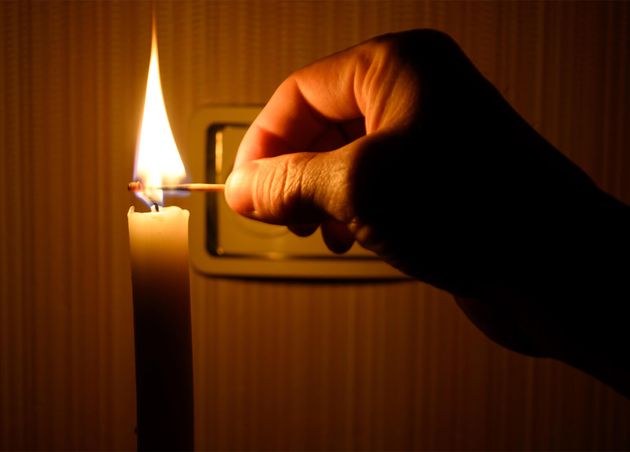 On the last Saturday of March each year, millions worldwide will turn down their lights for an hour in a show of support and solidarity against climate change.
On the last Saturday of March each year, millions worldwide will turn down their lights for an hour in a show of support and solidarity against climate change.
Conserve Energy Future says that protecting nature also aims to spark global conversations on ensuring our health, prosperity, and survival. These are global issues that require quick attention without resorting to politics.
The official Earth Hour website offers a list of engaging activities to help make the event unforgettable. After turning off your lights, you can spend the hour with your family, friends, and community — whether at home, online, outside, or in person — to make it memorable.
Here are some ideas to make your Earth Hour extra special:
- If you stay home, you can prepare food for your family and friends while ensuring nothing is wasted. We all enjoy having supper together with candlelight. You can recycle or make creative recipes with the leftover food.
- Try candlelight painting and see where the tiny artist inside of you is hiding. You can experiment with upcycling to make amazing things or use natural sounds to create a tune. You never know; Earth Hour might help you find your hidden skills.
- Consider improving your knowledge by watching documentaries or reading up on issues related to sustainability, environmental degradation, climate change, and other pertinent subjects.
- Engaging with your community on urgent matters, such as how to protect the environment, could be a beneficial way to spend not only this hour but also the rest of the day and future days. You can participate in Earth Hour activities in your neighborhood by cleaning up natural areas, planting trees, holding group meditation sessions, or running marathons.
- It's essential to spend quality time with friends and family. Throw a lively gathering and enjoy board games under the stars. You can also view movies that are good for the environment or sing along to music for an hour.
- If hiking is not an option, you can visit any natural area, such as a beach, a park, or a mountain. It would be a good idea to get in touch with nature. Remember to always have a flashlight with you.
- Try to become active by doing candlelit yoga or going for a nighttime run or cycle while taking all necessary precautions. You can also pick up trash, so ensure you bring tongs, gloves, and a biodegradable refuse bag along with you. Go to your nearest beach, park, nature trail, or outdoor space. Even though you might have to get your hands dirty, you'll walk away feeling satisfied.
A Global Call to Save Our Planet
There is a strong sense of urgency around the Earth Hour. The detrimental effects of pollution, soil erosion, water scarcity, biodiversity loss, climate change, and pollution on human health are evident. However, limiting climate change, preserving the environment, and sustainably securing our future is achievable.
Earth Hour is a time to demonstrate your love and respect for the Earth by taking everyday actions to help create a more sustainable society. On this day, consider how you might better care for the environment. Some ideas include using less plastic, recycling, using renewable energy, and lowering your carbon footprint—all essential to preserving the environment.
Turn out the lights in your houses for one hour and renew your commitment to the fight to save the Earth.
Recommended for you
Freelance Essentials: Creating a Productive Tech Stack for Success
Faheem Hussain (Nomad Bear)
Black Tiger Shrimp: Exploring Its Aquaculture and Complex Landscape
Riley Sinclair (Digital Aqua Bear)
Gateway Ekamai: A Sophisticated Mall in Bangkok
The Bear Team
Phuket to Koh Phi Phi: The Easiest Travel Route
Ethan (Destination Bear)
Tattoos in Thailand: A Rich Tapestry of Art, Tradition, and Spirituality
Dr. Theodore (Professor Bear)


